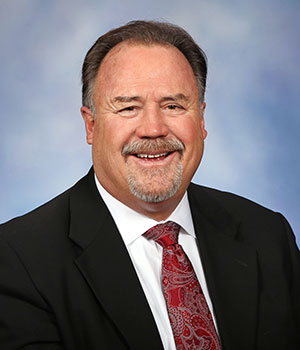LANSING — State Rep. Tom Cochran (D-Mason) has introduced legislation to protect Michigan’s sewer systems by requiring that packaging for disposable or “flushable” wipes clearly indicate that they are non-flushable and should never be flushed down a toilet. House Bill 6279 would require a do not flush label on the packaging of nonwoven wipes used for diapering, personal hygiene or bathroom surface cleaning purposes.
“Municipal public works offices throughout Michigan are fighting a losing battle with these wipes that do not break down once they are in the system, and can get wrapped around pumps that then need to be shut down and cleaned,” said Cochran. “Disposable wipes are handy, and my legislation does not ban their use — it simply removes any uncertainly by requiring that the packaging clearly state that these wipes should not be flushed down a toilet.”
Instead of breaking down, as toilet tissue or pre-moistened toilet tissue does, non-flushable wipes can rip and twist around pumps. According to the Macomb County Public Works Office, at one point during repairs after the Fraser sewer collapse, it had to shut down its pumps every two hours to clean out the wipes that were clogging the system. Municipal sewer operators have also had to deal with foul odors coming from wipes sitting in holding tanks.
The non-flushable label would have to include a logo using the universally understood image of a circle with a line through it superimposed on an image of a person dropping an item into a toilet. It would have to be sized in proportion to the package.
“We need to add these wipes to the list of things not to be flushed to protect our sewer systems and our waterways,” said Cochran. “No one wants to get an alert from their municipal public works office that there are sewer issues that are going to be an inconvenience to them. We can end a lot of these problems by simply clarifying the packaging on certain wipes. This reasonable legislative fix will help us achieve that, and I look forward to working with my colleagues to send this legislation to the governor for his signature.”

